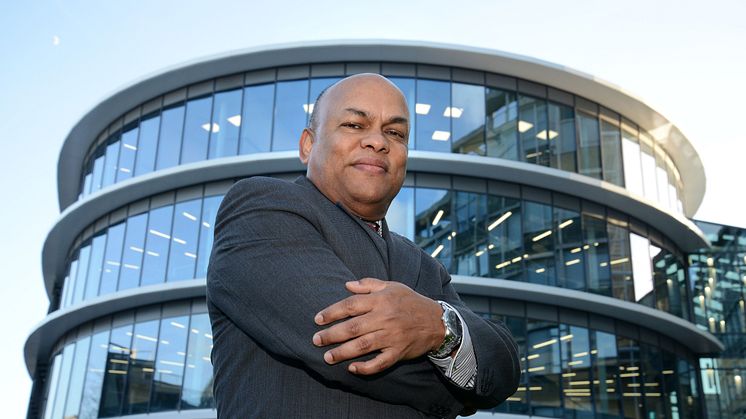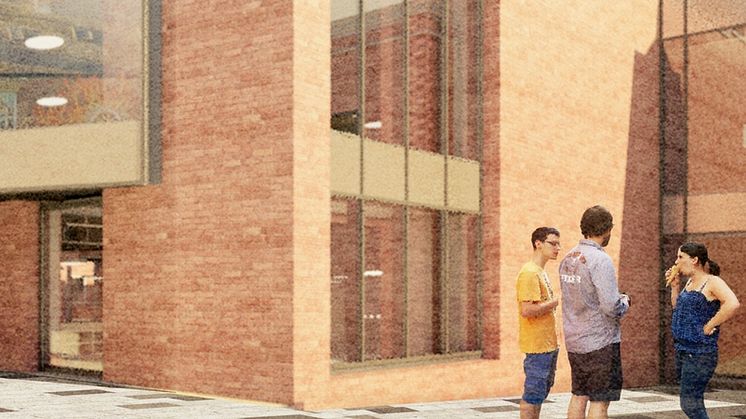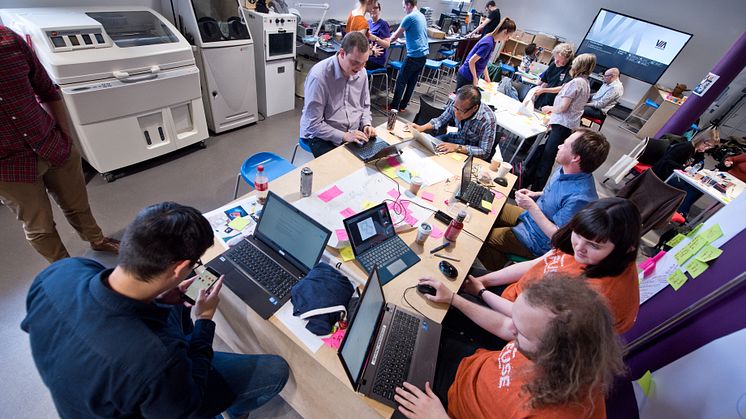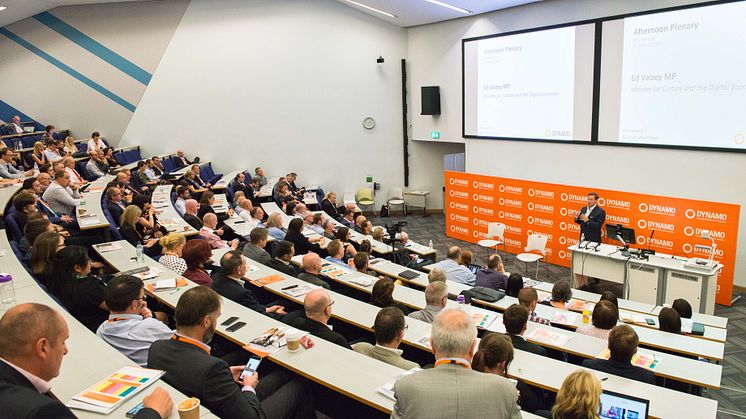
Press release -
Project explores digital library for Africa
Experts from around the world will visit Northumbria University, Newcastle next month to discuss how the creation of a Pan-African digital library could transform the lives of people living across the continent.
Millions of records and documents, relating to everything from health and education to culture and industry, have already been digitalised in many African countries, thanks to work by institutions such as libraries, museums and universities.
However, this information remains inaccessible to much of the African population due to a lack of infrastructure, policies, investment and skills, with many people still unable to access the internet. Prosperity and access to technology varies greatly between countries, with large numbers of people marginalised.
The aim of the NetDiploma (Network for Digital Public Library of Modern Africa) project is to understand the challenges faced across the continent and design a blueprint to ensure people have access to information that could improve their lives and that of future generations. The project will initially focus on three countries – Kenya, Malawi and Ethiopia. Each is demographically different, providing a good overall picture of the continent as a whole.
Professor Gobinda Chowdhury, of Northumbria University’s department of Computer and Information Sciences, is leading the two-year project. He said: “Throughout this project we will work closely with the organisations in Africa which are creating this information, as well as the people who will be using it. We need to start by understanding what exists right now in terms of infrastructure and skills, and what is required, and that is the purpose of this initial meeting, being held at Northumbria.
“We know that better access to, and sharing of, digital information will undoubtedly improve the lives of Africans in a variety of ways. In education for example, children who might not have books in their school could access a wide variety of scientific, historical and cultural documents online – everything from photographs, books and maps to news footage, museum objects and artwork.
“In a modern Africa we believe access to this type of information is essential to support economic and cultural development and, by working closely with project partners and stakeholders, we will design a plan to ensure this can become a reality.”
A number of high profile experts are supporting the NetDiploma project. Among them are Dr Solomon Teferra Abate of Addis Ababa University, an expert in digital and multilingual information access and management; and Dr Paul Lihoma, Director of the National Archives of Malawi and President-elect of ESARBICA (Eastern and Southern Africa Regional Branch of the International Council on Archives). Also involved are Richard Wato, Secretary General of ESARBICA; and Professor Julie McLeod of Northumbria University, an expert in records management and information governance.
The research team will also examine the systems used in other parts of the world, including the recently launched Digital Public Library of America and Europeana. Both provide a single platform housing digitalised items such as books, music, government documents and artwork, which can be accessed by anyone free of charge. The team will explore how these sites could be adapted for the socio-economic and cultural context of Africa and provide recommendations to enable this to take place.
Following the meeting at Northumbria, workshops will also take place in each of the three participating African countries, during which the project team will engage with researchers and professionals in memory institutions, international and national organisations and NGOs.
Funding for the NetDiploma project has been provided by the Arts and Humanities Research Council through the Global Challenges Research Fund – a £1.5 billion fund set up by the UK Government to support cutting-edge research addressing the challenges facing developing countries around the world.
For more information about the NetDiploma project, including a full list of stakeholders and partner organisations, please visit www.northumbria.ac.uk/NetDiploma
Topics
Categories
Northumbria is a research-rich, business-focused, professional university with a global reputation for academic excellence. To find out more about our courses go to www.northumbria.ac.uk
If you have a media enquiry please contact our Media and Communications team at media.communications@northumbria.ac.uk or call 0191 227 4604.












